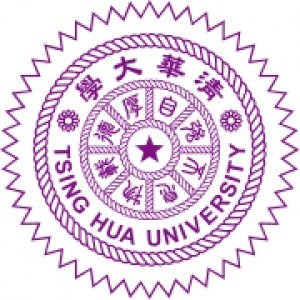Photos of university / #universitaetbonn
Astronomy at the University of Bonn offers a comprehensive and rigorous undergraduate program designed to provide students with a profound understanding of the universe and the celestial objects within it. This degree program combines fundamental physics, mathematics, and observational techniques with specialized astrophysical knowledge, enabling graduates to analyze and interpret astronomical data effectively. The curriculum covers a wide range of topics, including cosmic structures, planetary systems, stellar evolution, galactic dynamics, cosmology, and the physical processes governing celestial phenomena. Students have the opportunity to engage in practical training through observations at state-of-the-art astronomical facilities, laboratory experiments, and computer simulations, fostering hands-on skills essential for research careers. The program emphasizes a solid theoretical foundation, complemented by research projects and seminars that encourage critical thinking and independent investigation. Collaboration with leading astronomers and participation in international conferences expose students to current developments and innovative methodologies in the field. The interdisciplinary nature of the program allows students to explore related fields such as astrophysics, space sciences, and computational modeling. Graduates of the Astronomy program at Bonn are well-prepared for careers in academic research, space agencies, scientific publishing, and technology development. They also acquire valuable quantitative and analytical skills applicable in various scientific and technical industries. The university’s strong research environment, equipped with cutting-edge observatories and computational resources, provides an ideal setting for students to pursue their academic interests and develop professional expertise. By the end of the program, students will have gained a deep understanding of the universe’s fundamental principles, the ability to conduct independent research, and the skills necessary to contribute meaningfully to advancements in astronomy and related scientific disciplines.
Educational organisation
The Bonn-Cologne Graduate School, a joint programme of graduate studies between the Universities of Bonn and Cologne, leads students with a BSc through an MSc phase directly to doctoral studies.The Master's programme includes one year of course work: compulsory theoretical lecture and laboratory work, compulsory astrophysics, elective advanced lectures (observational astronomy and modern astrophysics) and seminars. During the second year, a research-oriented thesis is required, including project planning.
Study abroad unit(s)
Recommended for German students at collaborating partner universitiesInternships
Research internships are a key element in the research training of the graduate school. As members of a research group, the students start their first small research project. This not only provides initial research experience but also helps with the selection of a Diplom/MSc project. The internships are coordinated by the lecturers. The lecturer responsible for the research area should be contacted prior to the internship. The student becomes a temporary member of a research group for a typical duration of four weeks. Participation in at least one research internship is mandatory for first year students.Forms of assessment
Modules are credited according to ECTS and are evaluated based on the results of written or oral examinations, reports, oral presentations, etc.Course objectives
The programme's primary goals are:- to gain expertise which is guided by contemporary problems and challenges, founded upon a thorough knowledge base
- to acquire methodological and analytical skills which enable the students to expand their scientific background, with emphasis on research methods and strategies
- qualifications relevant for a future career









